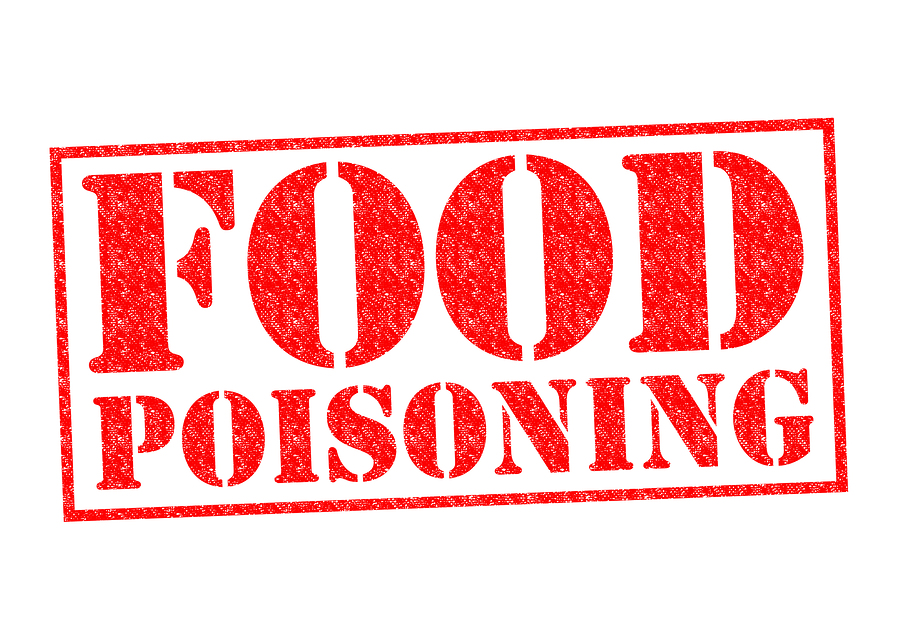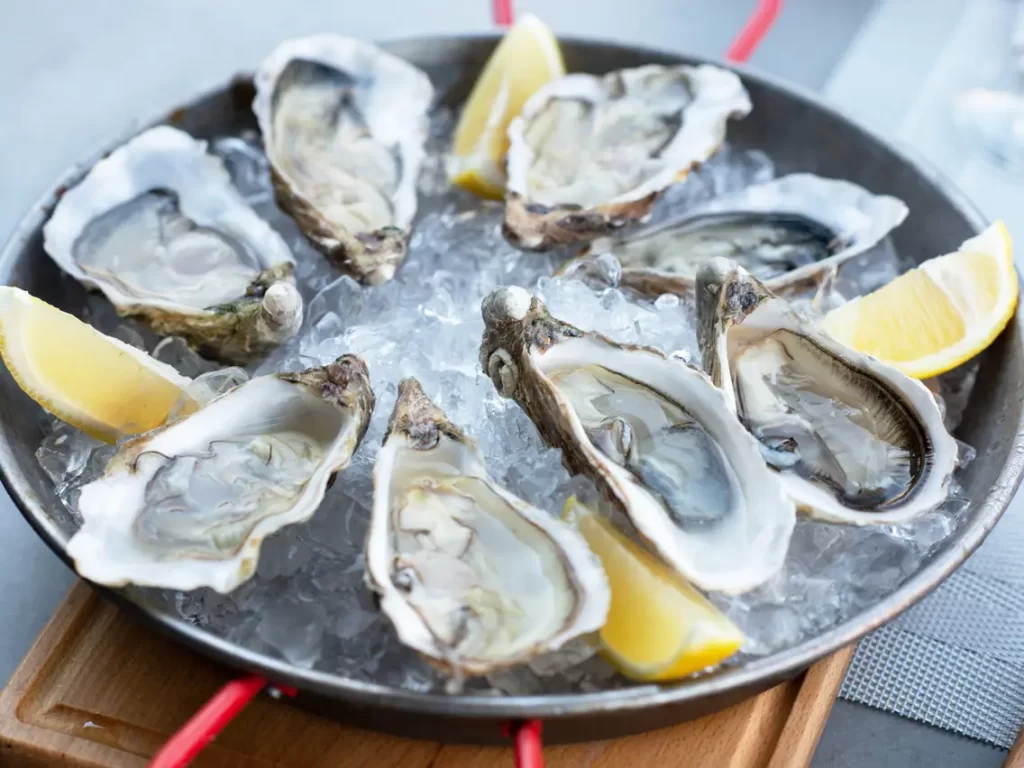
There is nothing worse than food poisoning. (Truly.) Once I ate raw oysters and was in bed for two days. I was so sick that I couldn’t take care of my kids, and could barely keep down water. Ever since, I take extreme caution when it comes to food safety. I was shocked to learn that there are some things I order all the time that Food Safety Experts won’t touch! Here are 5 items that are no-no’s from a Food Safety perspective.

🚫 Leafy Greens and Sprouts: According to Health Canada, leafy greens can get contaminated with harmful pathogens like E. coli and Salmonella right in the fields where they grow. Seeds used to grow sprouts can face the same risk, says Michael Gaenzle, a food safety expert from the University of Alberta.
🚫 Medium-rare ground beef: Gaenzle described eating medium-rare ground beef as dangerous as playing “a game of Russian roulette.” “We know that approximately 0.5 to one per cent of the ground beef batches, even from federally inspected plants, are contaminated with Shiga toxin-producing E. coli,” he said. “That means your medium-rare hamburger then has a one-in-100 or a one-in-200 chance of making you ill.”

🚫 Raw oysters and seafood Part of the problem with seafood is that its high expense means restaurants don’t want to toss it out when it starts to turn old. The longer raw fish sits around in a kitchen, the higher the likelihood of food poisoning. That means you should only order seafood from trusted establishments with high turnover. Another big problem with shellfish is vibriosis, an illness caused by Vibrio bacteria. This bacteria lives in coastal waters and peaks during part of the oyster harvesting season. Eating raw oysters or shellfish can infect you with vibriosis, which can lead to serious issues, like needing a limb amputated. (Yes, that’s an extreme case– but it’s happened!)
🚫 Steak Tartare A staple at French Bistros, Steak Tartare is made of raw ground steak mixed with shallots, capers, olive oil, mustard, and topped with a raw egg. Here’s the problem: “Beef is produced in such a way that during the slaughtering process, it’s inevitable that some of the fecal material within the animal’s intestines has touched or spread onto the raw meat,” said Bryan Quoc Le, a food scientist and author of 150 Food Science Questions Answered. In other words, there’s animal poop in your tartare and that could make you sick.